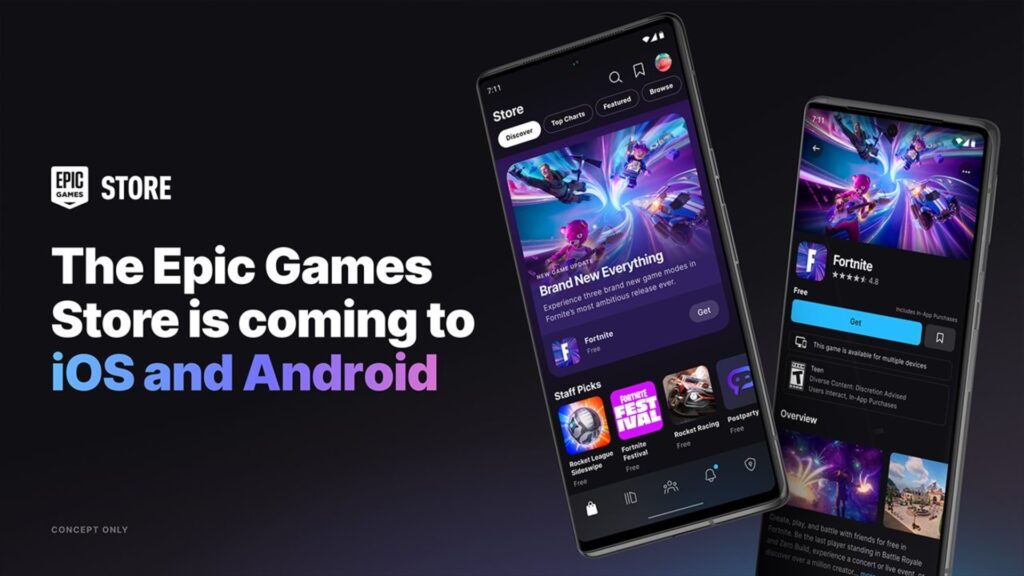CNN looks back to when "dial-up internet (and its iconic dial tone) was 'still a thing..."
"File-sharing services like Napster and LimeWire were just beginning to take off... And in sweaty dorm rooms and sparse basements across the world, people brought their desktop monitors together to set up a local area network (LAN) and play multiplayer games — "Half-Life," "Counter-Strike," "Starsiege: Tribes," "StarCraft," "WarCraft" or "Unreal Tournament," to name just a few. These were informal but high-stakes gatherings, then known as LAN parties, whether winning a box of energy drinks or just the joy of emerging victorious. The parties could last several days and nights, with gamers crowded together among heavy computers and fast food boxes, crashing underneath their desks in sleeping bags and taking breaks to pull pranks on each other or watch movies...
It's this nostalgia that prompted writer and podcaster Merritt K to document the era's gaming culture in her new photobook "LAN Party: Inside the Multiplayer Revolution." After floating the idea on X, the social media platform formerly known as Twitter, she received an immediate — and visceral — response from old-school gamers all too keen to share memories and photos from LAN parties and gaming conventions across the world... It's strange to remember that the internet was once a place you went to spend time with other real people; a tethered space, not a cling-film-like reality enveloping the corporeal world from your own pocket....
Growing up as a teenager in this era, you could feel a sense of hope (that perhaps now feels like naivete) about the possibilities of technology, K explained. The book is full of photos featuring people smiling and posing with their desktop monitors, pride and fanfare apparent... "It felt like, 'Wow, the future is coming,'" K said. "It was this exciting time where you felt like you were just charting your own way. I don't want to romanticize it too much, because obviously it wasn't perfect, but it was a very, very different experience...."
"We've kind of lost a lot of control, I think over our relationship to technology," K said. "We have lost a lot of privacy as well. There's less of a sense of exploration because there just isn't as much out there."
One photo shows a stack of Mountain Dew cans (remembering that by 2007 the company had even released a line of soda called "Game Fuel"). "It was a little more communal," the book's author told CNN. "If you're playing games in the same room with someone, it's a different experience than doing it online. You can only be so much of a jackass to somebody who was sitting three feet away from you..."
They adds that that feeling of connecting to people in other places "was cool. It wasn't something that was taken for granted yet."


Read more of this story at Slashdot.
